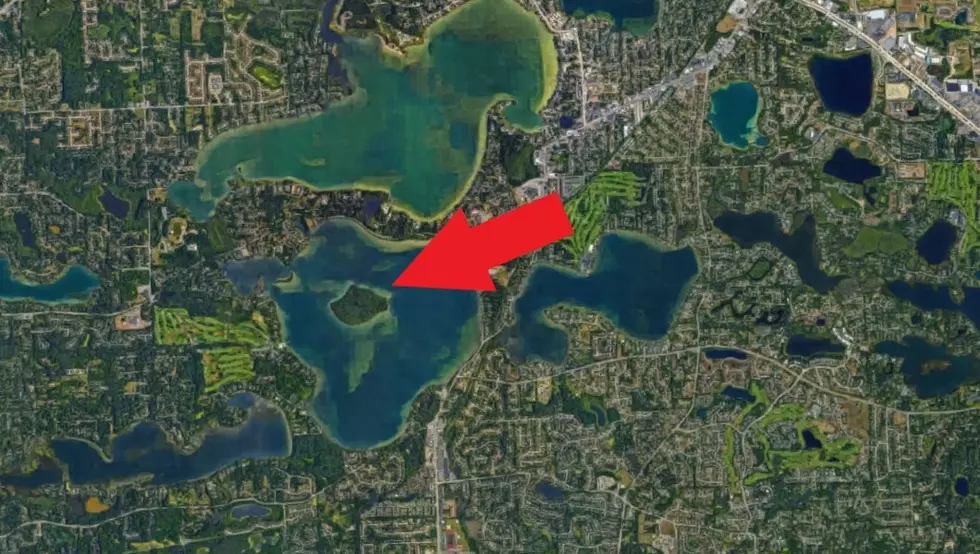
This Island Northwest of Detroit, Michigan Likely Hides the Lost Treasure of Chief Pontiac
Native American Chief Pontiac, who waged war against the British around the Great Lakes is rumored to have left a great treasure. One of its most likely hiding spots is this island in Oakland County, Michigan, just northwest of Detroit.
Pontiac's War, launched in 1763 stretched from Niagara Falls to Detroit, Illinois to the Straits of Mackinac. When Pontiac died in 1769 stories began to circulate about gold pillaged from raids on British forts.
The History of Chief Pontiac's Lost Gold Treasure
A Michigan Treasure Hunting blog shares the basis of the treasure tales:
One of the most blood-thirsty Indians in American history was an Ottawa named Chief Pontiac. He always returned to Acole Island in Orchard Lake, in what is now Oakland County, Michigan, after a raid or foray into English territory. Local legend has told for years that Pontiac buried a fortune in booty he obtained in raids against the white settlers in Pennsylvania and Virginia on this island. This is highly possible, since Pontiac learned early in life of the white man’s greed for gold and silver.
His orders to his warriors were always the same during a raid, “Take what you want, burn everything else and kill the prisoners.” Since Pontiac made dozens of raids during his war on the whites, called Pontiac’s Uprising, it is probably that he buried a large quantity of loot on Acole Island.
Acole, or Apple Island, sits in the middle of Orchard Lake, in the very monied corner of Oakland County west of Pontiac. The island today is a nature preserve (so no digging, eh?) but was home for Native Americans for two millennia.

Where is Pontiac's Treasure Now
The consensus when the question came up on the Michigan History Facebook group is that Orchard Lake's Apple Island is the spot. Of particular intrigue is an old house foundation, but that's likely of European origin rather than Native American.
There are other contenders around the state:
Back in the 1940s there was an old indian from the Pontiac tribe, that lived near McBain where my grandparents lived. The Pontiac motor company give him a new car for either being the oldest or last living member of the tribe. I don't remember if he was a chief or not.
---
Acole Island (Apple Island, Oakland County) was a well known strong hold for Chief Pontiac and his followers. In fear of retribution, after a failed attempt to overtake the British in Detroit, he ordered his men to move the majority of his fortune north to a new hiding spot. Legend says that they buried the spoils of his violent raids on a different island, this time in lower Lapeer County. When asked where it was hidden, he said it was buried in the middle of seven seas.
So is there a treasure and, if so, will it ever be found. The answers to like, like all great treasure hunt tales will likely remain a mystery.
Some lost treasure does, however, one day surface like this story of a metal detecting group who uncovered a rare British colonial coin on farmland where a train depot once stood.
Leading Theories About D.B. Cooper and 30 other unsolved mysteries
The 100 Best Places to Live in the Midwest
More From 107.7 WRKR-FM





